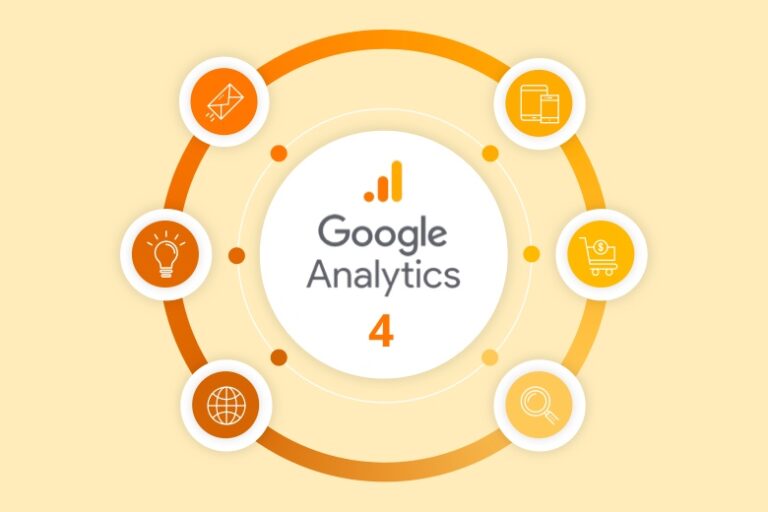Are Pay-Per-Click Ads The Right Choice For Your Business?

First let’s answer the question, what is pay-per-click, more commonly referred to as PPC? PPC is a form of internet marketing in which the advertiser pays a fee each time one of their ads is clicked. Think of it as buying visits to your website as opposed to earning those visits organically through search engine optimization (SEO).
Search engine marketing (SEM) is the most popular form of PPC. It allows advertisers to bid for ad placement in a search engine’s “sponsored” section at the top of the search engine results page (SERP). It’s an auction, and prime real estate goes to the highest bidder.
When users search for a keyword related to a particular product or service, advertisers who outbid the rest appear in results. For example, if a clothing store bids on the keyword “blue jeans,” their ad might show up at the top of the search results in Google or Bing. Most search engines allow for 2-3 paid spots at the top of their SERPs and two at the bottom.

Is Pay Per Click Expensive?
As with any marketing strategy, you have to factor in budget. Pay per click is at the mercy of the monies available to fund it. But, while cost is important, you have to keep your objective and the potential benefit in mind. When considering PPC, knowing this formula is helpful: daily budget x quality score = ranking and cost per click, aka your ad rank. If you have a high-quality score, you can compete with bigger companies than just throwing money at PPC. It boils down to strategy, messaging, and relevancy.
Quality score is made up of over 300 factors, most of which have to do with relevancy. Examples include:
- Is the page on your website customers are landing on after clicking the ad (landing page) relevant to the search and ad copy?
- How old is your domain?
- How responsive is your website? Does it adjust to multiple screen sizes?
- How relevant is your ad as it correlates to the searched keyword(s)?
The list goes on and on. If you approach a PPC campaign correctly, it can actually cost you less money to appear at the top of a SERP, and you’ll pay less money per click than your competitors.
People Don’t Really Click on Ads, Do They?
Google alone generated almost $200 billion (yes with a B) in revenue from PPC last year, so yes, people really do click on search ads. In fact, 33% of people click on the ads because they know it will directly answer their search query, and 50% of people arriving at a retailer’s site from paid ads are more likely to buy than those who arrive organically. Over 88% of smartphone users who search for something nearby will visit a business within a day.
One of the best parts of pay per click is that it doesn’t cost you anything UNTIL someone clicks on your ad. Your ad may be seen a thousand times, but if it’s only clicked on a hundred times, that is all you pay for! You got all that awareness for free.
Tried it Once, Didn’t Work
Typically, when companies conclude that PPC doesn’t work, two factors are at play:
- The company or agency contracted to do the work set up the campaign(s) using a cookie-cutter solution instead of customizing it to the unique needs of the business, geographical location, and demographic audience.
- Or the campaign(s) run with the wrong objectives.
When setting up PPC campaigns, businesses have to answer this question, “If I were a potential customer, why would I click on my ad?” Perhaps you have a good relationship with them or are offering discounts on products or services they’re looking for. Or you offer amenities that either your competitors do not, or they don’t advertise for. Get to the “why” so you can get to the “what” that makes up the campaign elements.
What You Need to Know
Like every other digital marketing vehicle, pay per click should be planned, monitored, and measured. The campaign that was killing it six months ago probably isn’t doing as well now if it’s being ignored. There are new searches every day, and the way people search is constantly evolving. So a PPC campaign must be updated regularly to ensure it is still relative and is utilizing all keywords. Be mindful of those being searched and ones that need to be flagged as negative keywords. Your ad won’t show for those searches. Following these best practices helps maintain optimal results.






